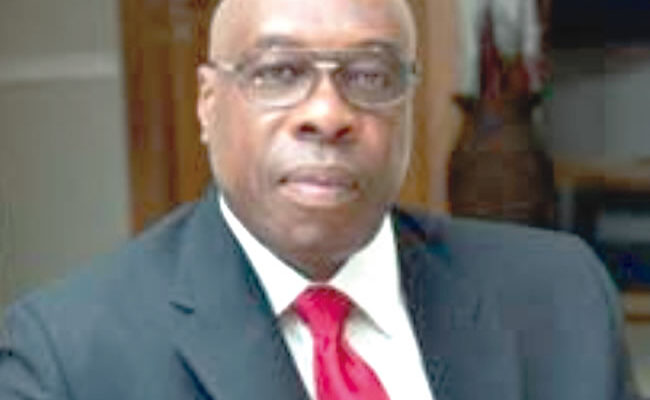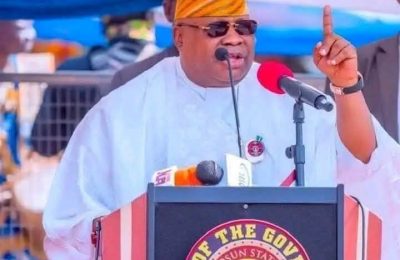

Chudi Ubosi is a Fellow of the Nigerian Institution of Estate Surveyors and Valuers (NIESV) and a past President of the Africa Chapter of the International Real Estate Federation (FIABCI). in this interview with DAYO AYEYEMI, Ubosi, who is also a partner, Ubosi Eleh and Co, is of the opinion that the amendment of the Land Use Act is long over due to reflect modern realities concerning real estate, titling, ownership, development and sale and purchase.

WHAT is your assessment of 2022 in terms of happenings in the real estate development, business and transactions?
2022 had a lot of challenges with unfavourable government’s policies and actions concerning real estate but interestingly, the real estate sector still showed a lot of resilience and even came up performing better than 2021. As at the third quarter, the sector contributed 9.50 per-cent to the nations Gross Domestic Product (GDP) as against 9.20 per-cent same time 2021. But going to actual surveys, rentals and capital values were up between 10 and 15 per cent in 2022.
Despite the obvious under-performance of our economy, construction, especially by the private sector, was still very heavy, and if one took a casual drive through the Lekki Expressway towards Epe and entered the neighbourhoods on both sides of the road, it will be difficult not to marvel at the level of numerous private development going on there.
What are the major achievements?
I think that the major achievements include the fact that despite the challenges, real estate continues to show resilience and continues to stand out as an asset class that serves its purpose.
What are the shortcomings?
Nigeria still battles with some very pedestrian issues regarding land and land ownership. Getting title to land is a Herculean task despite its significance in the life of the average land owner.
The Land Use Decree, which is one of the major problems inhibiting against the explosion of real estate development in Nigeria,still exists despite efforts and the inevitability of review of.
Other shortcomings include high values – rental and capital, high cost of building materials, absence of a dynamic mortgage industry amongst others.
What are the things that government and all stakeholders in the sector would have done better but have failed to do?
In my opinion, I think on the part of the government, there is a need to bring down prices of real estate by opening up more suburbs and servicing them with infrastructure facilities. That way, the pressure and the need to be in the city centre thereby driving up rental and capital values would begin to dissipate.
There is a need draw up policies that will encourage much more private sector participation in real estate development (as government cannot do it all alone) and also a deliberate attempt to direct developers to constructing middle and low income housing which is where the pressure and need is most.
Looking forward into 2023, what should be the outlook?
I think the greatest challenges Nigerians will have in 2023 will be a smooth transition of government and the quality and sincerity of the next government – more or less from the political sector. Remember that we run a system where the government virtually controls everything. If we don’t get in good leadership in 2023 then we may just have a continuation of what we have now, and further deterioration in the national economy, security of life and property. Very few nations have achieved any reasonable growth with high levels of insecurity snapping at their heels. It’s basic. Capital and investment go to where they are safe. Not even the citizens of the country invest in their own nations where there are high levels of insecurity and poor governance.
Every other thing, development and growth we desire or need in 2023, will flow from the honourable intentions of the next set of rulers.
As we mentioned earlier that even with the poor economy and political leadership, real estate performed well. It is clear that the trajectory will continue more so with the enormous demand for property over supply. If we have a sincere government in 2023, surely things will only get better.
What major reforms should happen in the sector?
A major reform practitioners continue to ask for is the amendment of the Land Use Act to reflect modern realities concerning real estate, titling, ownership, development, sale and purchase. If this is done, the explosion of the sector would virtually triple its annual contribution to the GDP of Nigeria.
ALSO READ FROM NIGERIAN TRIBUNE








